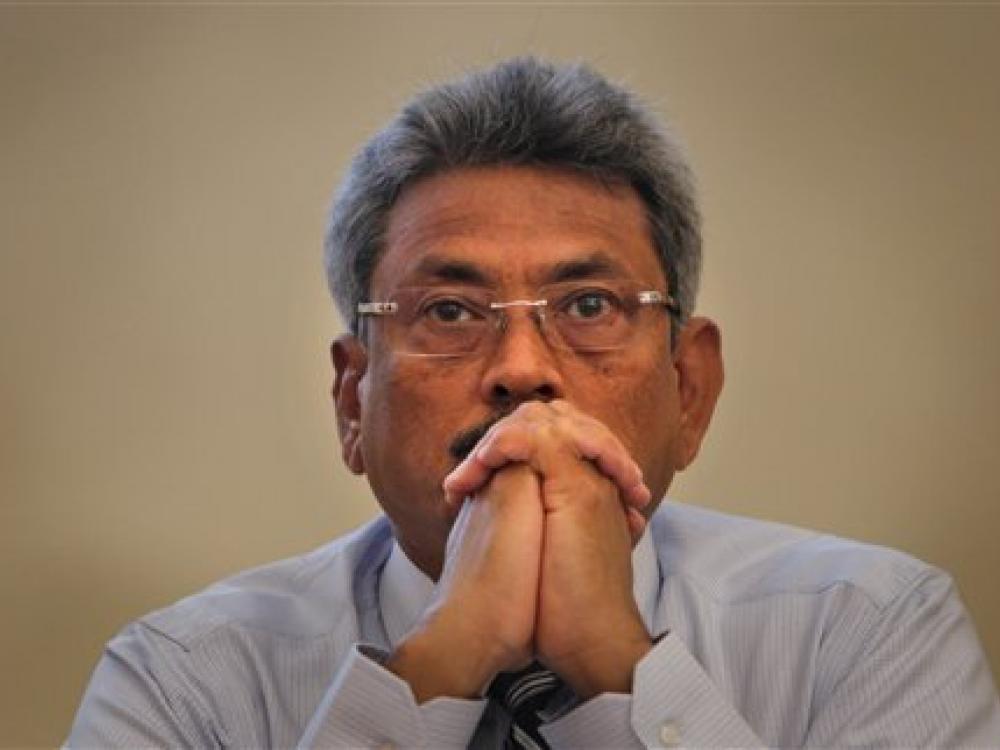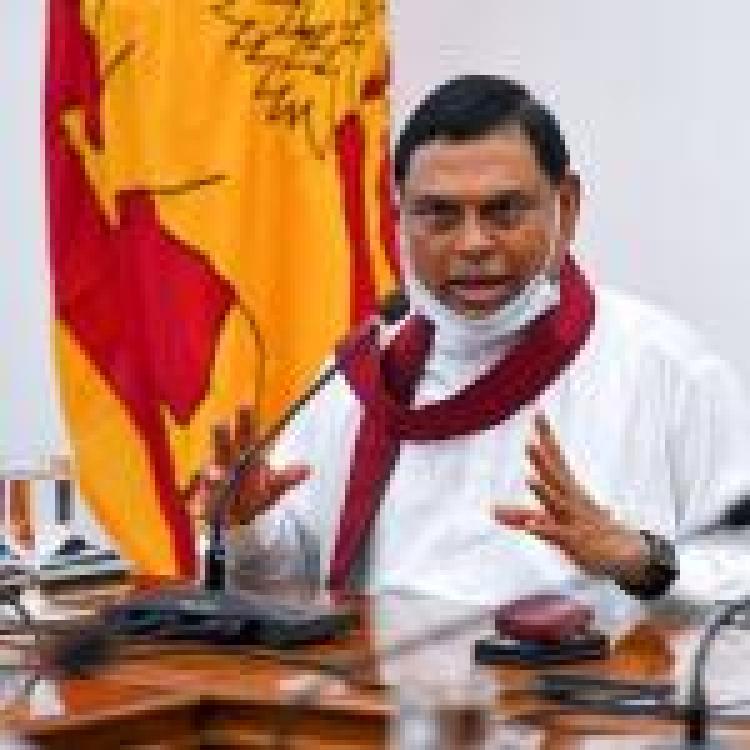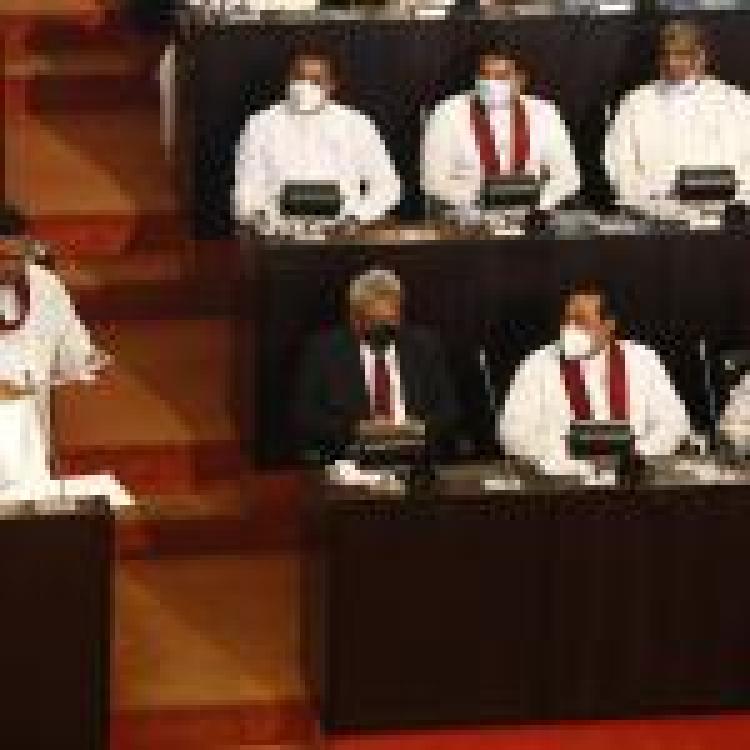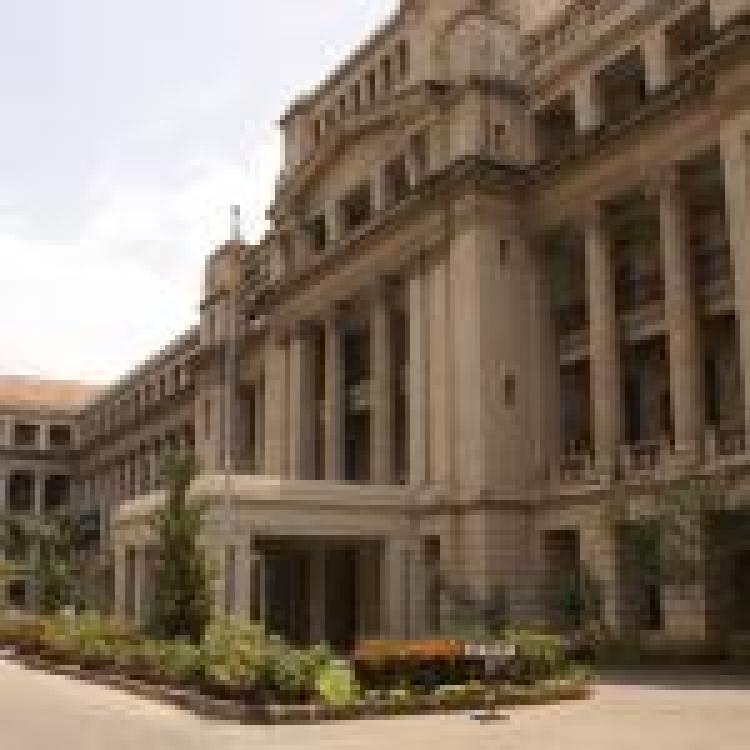
Sri Lanka has temporarily closed three overseas diplomatic mission posts from December 31 in a bid to save foreign currency reserves and cut spending, as the country deals with crippling debt.
The Sri Lankan High Commission in Abuja, Nigeria, the Consulate General of Sri Lanka, Frankfurt, Germany and the Consulate General of Sri Lanka in Nicosia, Cyprus will be closed from January.
Commenting on the closures, the Ministry of Foreign Affairs said:
“The restructuring is undertaken with a view to conserving the country’s much needed foreign reserves and minimising expenditure related to maintenance of Sri Lanka’s missions overseas."
Sri Lanka plans to process inquires from the High Commission in Nigeria, through its High Commission in Nairobi, Kenya and other African countries which were accredited through the Sri Lankan Mission in Abuja, will be redirected through Sri Lanka's Embassy in Cairo, Egypt roughly 2,133 miles away. The functions of Sri Lanka's Consulate in Frankfurt, including trade, investment and tourism promotion will come under the scope of Sri Lanka's Embassy in Berlin, Germany. Sri Lanka will transfer the responsibilities of the Consulate General Office in Cyprus to the Sri Lankan Embassy in Rome, Italy.
The restructuring comes as Sri Lanka faces a deepening financial crisis led by President Gotabaya Rajapaksa. In the next 12 months, in the government and private sector, Sri Lanka will be required to repay an estimated USD $7.3 billion in domestic and foreign loans, including a USD $500 million international sovereign bond repayment in January. However foreign currency reserves were just $1.6 billion. The World Bank estimates 500,000 people have fallen below the poverty line since the beginning of the pandemic, which was equivalent to five years of progress in fighting poverty. Rajapaksa declared Sri Lanka to be in an economic emergency, the military was given overarching power to ensure essential items, including rice and sugar, were sold at set government prices, though prices still continue to soar as inflation rises.
The heavy militarisation of the North-East has led to an intrusion into civilian life, affecting the livelihoods of Tamils. Since the end of the armed conflict, investment has been stifled in the Tamil homeland due to the rampant militarisation.
Last year, TNPF MP Gajendrakumar Ponnambalam, highlighted that the Rajpakasa's government's promise of development to "solve all problems" had failed. Gajendrakumar highlighted the government's inaction to protect the "vulnerable people who have faced a war situation for 32 years." This has led to high levels of poverty across the region.
Ponnambalam emphasised the height of livelihood restrictions seen in the Tamil homeland preventing activities such as fishing and agriculture, ‘‘approximately 30 percent of the Jaffna district was under military control under the name of High-Security Zone". "Vast tracks of land were no-go zones," he added. "Most of the agricultural lands in the North East were occupied as unauthorised areas for the people. That was the state that the Tamil people had to face for over 32 years.’’
Read more at AlJazeera and the Colombo Gazette





